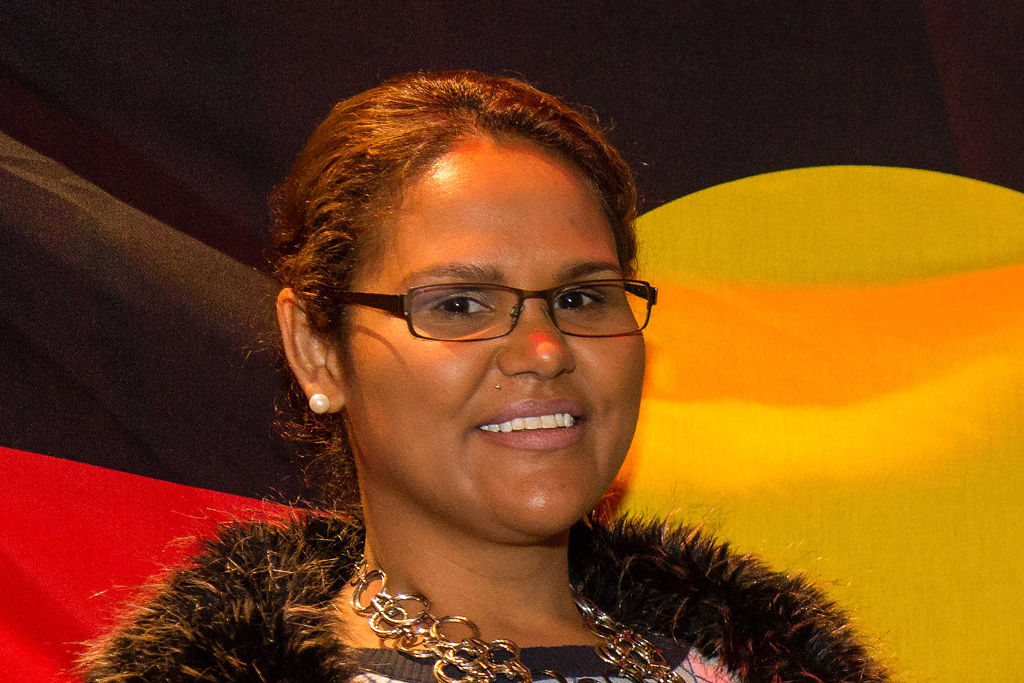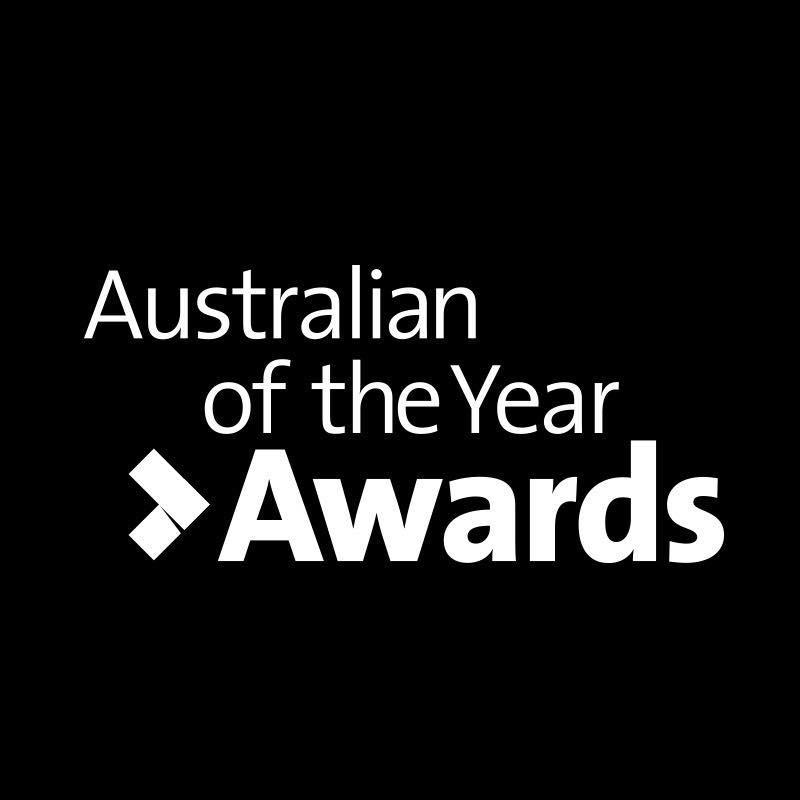If I Could Change One Thing About Australia It Would Be: The Inequity Of Our Education System
"Year Seven students in remote communities in Cape York are, on average, reading at a Year Three or Year Four level, and have the writing skills of the average Year Two student."


Brought to you by the Australian of the Year Awards
In association with the Australian of the Year Awards, we’ve asked five influential and accomplished Australians to share an idea for change that they’re passionate about.
Our final guest is Tania Major, the Young Australian of the Year 2007. Tania is a Kokoberra woman from the remote community of Kowanyama in Far North Queensland. She has dedicated herself to supporting remote communities through her charitable Major Impact Foundation, her company Tania Major Consulting and volunteer roles on boards and committees that address the special disadvantages remote Aboriginal people face.
–
I wouldn’t be the person I am today unless I had a quality education. I went to Kowanyama State School in far north Queensland up until grade nine before transferring to Clayfield College, an all-girls private boarding school in Brisbane. I was accepted into Clayfield on a scholarship, but it wasn’t always easy. When I was at Kowanyama I was getting straight A’s, but when I arrived at Clayfield College I failed miserably. Thanks to the efforts of my teachers, counsellors, principal, and mentoring from my community, I had support to put in the hard work to catch up with my classmates.
More than that, I knew that if I valued education, and if my parents valued education, then things would change. So since I was thirteen years old I’ve made it my business to attempt to break those cycles of poverty and welfare dependency – where people who are born into poor families don’t receive the education and life skills they need to succeed – and to work with parents and people within Indigenous communities who are well-educated and value education themselves. For example, the Major Impact Foundation works with mentors who re-engage Indigenous teenagers who have dropped out of school.
Until we address the inequity of Australia’s education system, we won’t have the proper tools to address serious social problems like ice addiction, domestic violence, welfare dependency, and breakdowns in society — all problems that an inequitable education system exacerbate and entrench. We’re trying to ‘close the gap’ in Aboriginal affairs – in health, in employment, in child mortality rates. But until everyone in this country – no matter what colour they are – can access their basic human right to a quality education, we will never close the gap. We need an education system that bolsters self-respect, individualisation, independence, and being a critical thinker.
If we look at the results of NAPLAN testing across the country, it shows just how badly we’re doing when it comes to equity in education. Year Seven students in remote communities in Cape York are, on average, reading at a Year Three or Year Four level, and have the writing skills of the average Year Two student. Because the majority of remote communities have schools that only go to Year Seven, children from these communities often have to leave their homes and attend boarding school to receive a high school education. When they arrive at mainstream urban and regional towns they find that they are far behind their classmates, and they can internalise that discrepancy in education as their own failure.
They can also experience racism from their classmates, and a lack of money – which means a lack of school trips, books, uniforms, and social opportunities – can isolate them from their classmates. Many drop out to return home, or cause trouble so they get expelled. Without an education, they must rely on welfare.
I work with a large number of adults who rely solely on welfare. One of the current requirements for people looking to get off welfare are adult education courses that give them certificate after certificate, and which should supposedly qualify them for work. However, many of these people can’t read or write above a Year Five level, which means they don’t have the basic skills to utilise these certificates. They’ve been pushed through the education system, they’ve become underskilled, and now as adults they rely solely on welfare. Rather than paying welfare recipients to undertake a course at a Certificate III level, why don’t we make it free for all Australians to go back to high school through TAFE?
It’s not just people from regional and remote areas who have been failed by our education system. I’m most familiar with this issue in Indigenous communities, but the predicaments many Indigenous people face are similar to the struggles experienced by people of all races on the wrong side of the vast and growing gap between rich and poor in our cities and suburbs.
Education isn’t simply an issue of getting ‘bums on seats’ – it’s about engaging with students. But how do we engage people in a meaningful way? How do we educate them to make decisions that impact on their life positively? There aren’t easy answers to these questions, but the cost of ignoring them is too great. With a good education, people in remote communities and across other areas of Australia can begin to take control of their lives, and break the cycles of welfare dependency and poverty.
–
Do you know someone whose ideas for change have made Australia a better place? Want their hard work to be supported and recognised? Nominations for the 2016 Australian of the Year Awards close midnight August 3. Head to the Australian of the Year Awards site to submit a nomination.
–
Tania Major is the 2007 Young Australian of the Year.